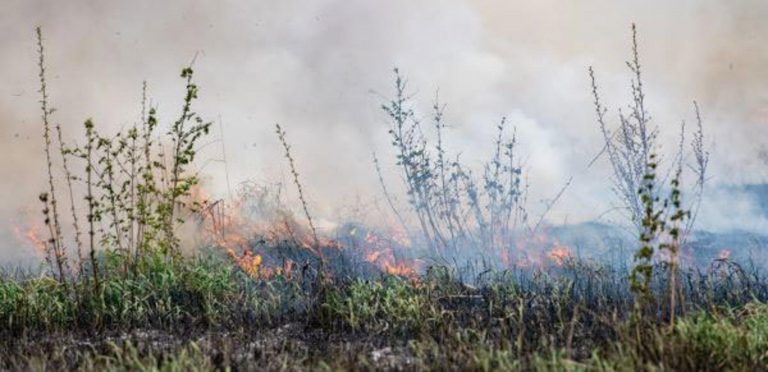DISTRICT HEALTH DEPARTMENT NO. 2
Upper respiratory illnesses (URIs), such as influenza, respiratory syncytial virus (RSV), and COVID-19, are again on the rise in Northern Michigan as summer draws to a close. While outcomes are usually worse for those that fall into certain risk groups (for example, the elderly or immunocompromised), even those with good health can still become ill and experience adverse effects from an unwanted illness.
There are actions you can take to help protect yourself and loved ones from health risks caused by URIs. Stay home and away from others (including people you live with who are not sick) if you have respiratory virus symptoms that aren’t better explained by another cause. These symptoms can include fever, chills, fatigue, cough, runny nose, and headache, among others. You can go back to your normal activities when:
- Your symptoms are getting better overall for at least 24 hours, and
- You have not had a fever (and are not using fever-reducing medication) for at least 24 hours
“Vaccination has been one of the most important tools an individual can utilize to reduce severe illness, health complications and mortality if exposed to upper respiratory viruses such as flu or COVID,” said Devin Askwig, MPH, Deputy Health Officer for District Health Department No. 2 (DHD2). “Our seasons are changing and getting updated on seasonal vaccines is critical. Our knowledgeable and dedicated public health staff are here to answer your questions and administer your vaccine!”
DHD2 offers vaccinations for flu, COVID-19, and a variety of other communicable diseases. To schedule a vaccine appointment with DHD2, or to request more information, please call 1-800-504-2650.




